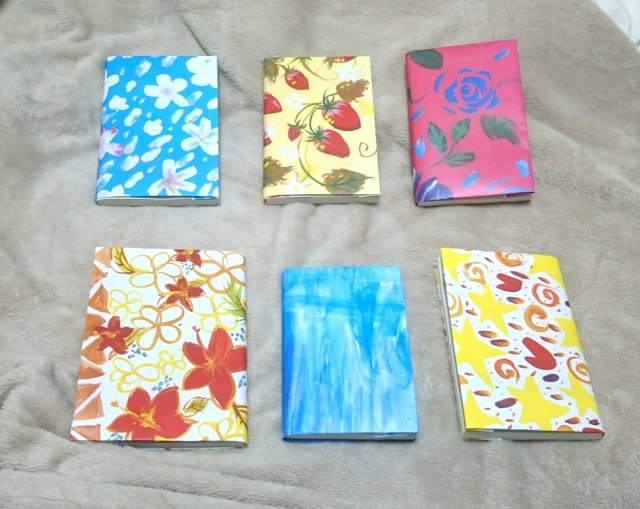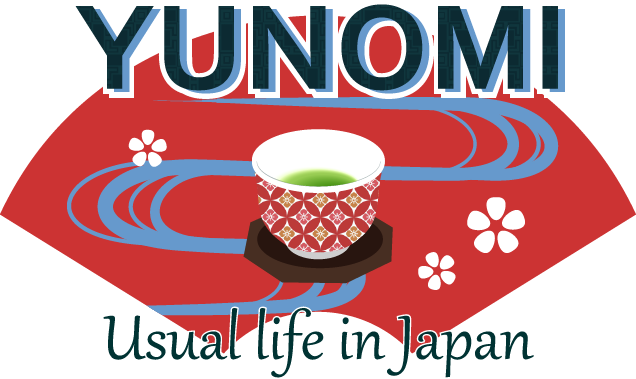When you buy a book or a small gift in Japan, it’s common for the shop clerk to wrap it neatly — often within seconds.
This may seem surprising in an age of eco-awareness and minimal packaging, but in Japan, wrapping reflects thoughtfulness and respect.
Why Bookstores Offer Wrapping

In Japan, even a simple purchase like a book often comes wrapped in paper featuring the store’s logo. The clerk folds the corners with precision, creating a neat cover in seconds.
So, why is this practice still loved today?
- 1. Privacy: Many readers prefer others not to know what they’re reading, especially on trains or in cafés. The paper cover hides the title discreetly.
- 2. Cleanliness: The wrapping keeps the book free from fingerprints and damage, preserving it like new.
Interestingly, the wrapping paper also serves practical purposes for the shop:
- Proof of purchase: A wrapped book clearly shows it has been paid for.
- Advertisement: The logo on the paper promotes the store wherever the book is carried.
Customer Choice and Etiquette
At checkout, clerks often ask, “Would you like a cover?”
You can freely say yes or no. Some people decline to save paper, while others bring their own reusable covers made of fabric or leather.
In Japan, small personal choices like this reflect awareness — being polite to both people and the environment.
The Broader Culture of Wrapping

Japan has a long tradition of wrapping things beautifully. From ancient times, covering items has been seen as a sign of respect for both the giver and receiver.
Even when the item is simple or inexpensive, handing it over without wrapping is often considered impolite.
This belief shapes Japan’s “wrapping culture” — where presentation matters as much as the gift itself.
Modern Wrapping Services

Today, most shops and department stores still offer gift wrapping upon request. Basic wrapping is often free, while premium boxes or ribbons may cost a small fee.
Staff are trained to fold paper with elegance and care — a quiet art form in itself.
Wrapping as a Reflection of Japanese Values
What might seem excessive elsewhere is, in Japan, a form of communication. Wrapping says, “I took the time to prepare this for you.”
It’s not just packaging — it’s an expression of sincerity, respect, and attention to detail.
Editor’s Note
Watching a shop clerk wrap a book or gift in seconds is oddly calming.
It’s a reminder that even small gestures — folded edges, tied ribbons — can carry quiet meaning.

